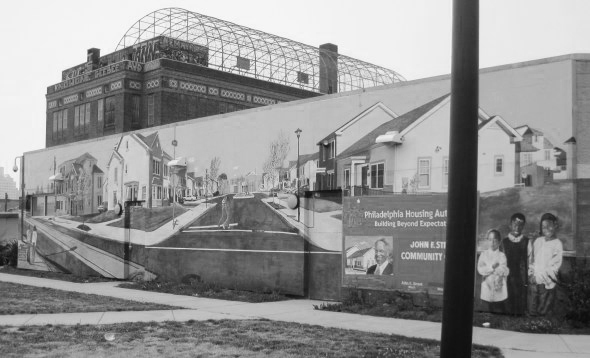
April 2 marked the beginning of the 17th annual National Public Health Week, a nationwide effort to raise awareness of healthy habits.
Monday, April 2 marked the beginning of a weeklong celebration for National Public Health Week recognized by public health majors.
In 1995, former President Bill Clinton dedicated the first full week of April to NPHW in an effort to raise awareness to issues that affect the nation’s health, including violence and disease. Each year since, the American Public Health Association has organized national events to focus on such issues during the week.
“National Public Health Week is a time to unite around a critical public health issue and focus our collective energy on the singular goal of helping people live longer, happier, healthier lives,” according to its website.
This year, NPHW’s theme was “A Healthier America Begins Today: Join the Movement.”
According to NPHS’s website, “This year, with the recent release of the National Prevention Strategy, we will address the issue of prevention and wellness to ensure that all is being done to improve our nation’s health. Uniting around this year’s theme …we can work to encourage more Americans and their communities to take preventive measures to help improve their lives. Little steps can lead to big changes.”
Different organizations incorporated this theme with the goal of educating those working in the public health field, as well as the general public. Public health is the study of preventing disease and promoting health through organized efforts and informed choices of society.
NPHW events in Philadelphia were held at the John F. Street Community Center on 1102 Poplar St. and the Fairmount Boys and Girls Club. Temple public health students worked as facilitators for the events held in the city.
Attendance ranged from students and faculty to local Philadelphians. Events like the communicable diseases student and parent workshops were geared toward kindergarten through eighth graders students to inform them on how to prevent the spread of germs through proper hygiene practices. Temple students also led several workshops for students and parents of the Fairmount Boys and Girls club regarding sexual health.
“It’s important to get out into the community and talk to the public, especially the younger ones,” Brittany Fritz, a junior public health major and peer educator with the Health Education Awareness Resource Team said. “The earlier you are more informed about sexual abuse, STDs and the difference between what is and isn’t a healthy relationship, the hope is that better choices will then be made.”
“Also, speaking in urban communities where there is higher risk for STDs,” Fritz added. “We hope to change that statistic and lower the amount of cases where teenagers are contracting STDs.”
“You can better protect the individual by protecting the community,” Lauren Hinson, a junior public health major said. “If you protect the public first you reduce risk for the individual like wearing your seatbelt, which is a public health law. Prevention leads to protection.”
Hinson is a recent inductee of the national health education honorary society Eta Sigma Gamma. The Alpha Omicron chapter is active on Main Campus and held its Eta Sigma Gamma Month in March as a way to kick off NPHW.
ESG events included a group fitness day, a health fair where students could network with individuals already in the business and a program during which a nonprofit organization led the discussion on sexual abuse and prevention.
Though its events were not central to NPHW’s theme, there were many events that held true to the cause of public health, which is to educate the public of preventative measures.
“The goal of ESG month is to bring awareness to the organization as well as educate on different preventative measures for sexual health and other general health awareness,” Hinson said.
“The public health field is so broad so ESG and NPHW helps you talk to people who are in the field and helps narrow down what you want to do after college,” Hinson added. “It is important to have these types of events on or around college campuses because we definitely need more people in the field.”
With the combined efforts of ESG, HEART and NPHW both organizations stress the importance to make healthier choices and live long, fulfilling lives. One audience that ESG, HEART and NPHW aim to reach is college students, since they are more prone to not making healthy choices while in school, which therefore makes themselves more susceptible to contracting diseases.
“College students don’t eat right, some of them aren’t using HEART to get tested or even buy condoms so colleges can become like almost a hot bed for STDs and whatnot,” Fritz said. “It is important for organizations like ESG, HEART and NPHW to hold these events because reaching the audience is what public health is all about.”
Alexandra Olivier can be reached at alexandra.olivier@temple.edu.



Be the first to comment